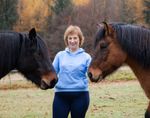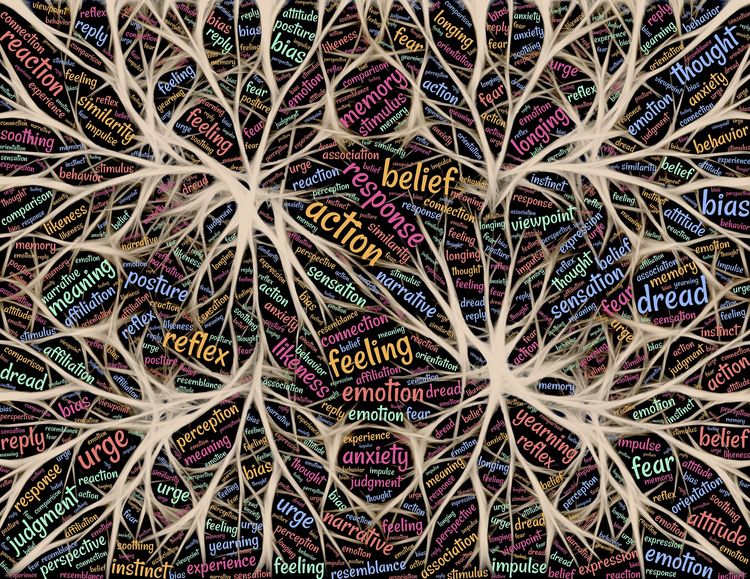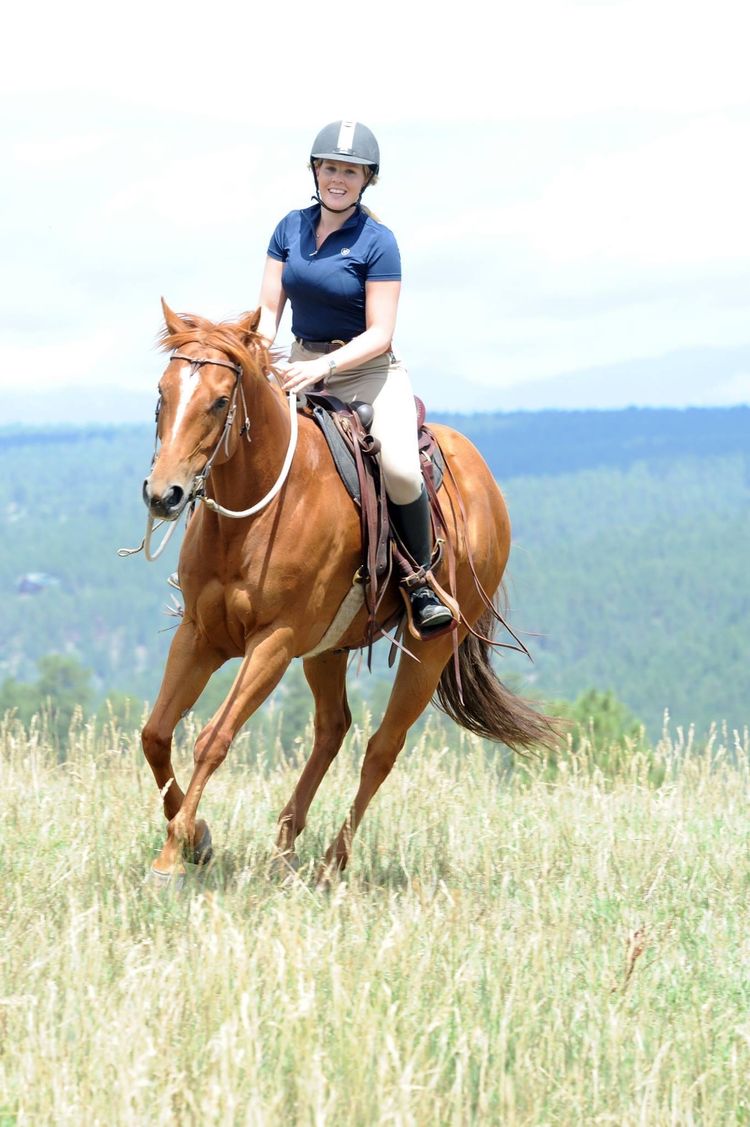SOME MUSINGS ON PERFECTION
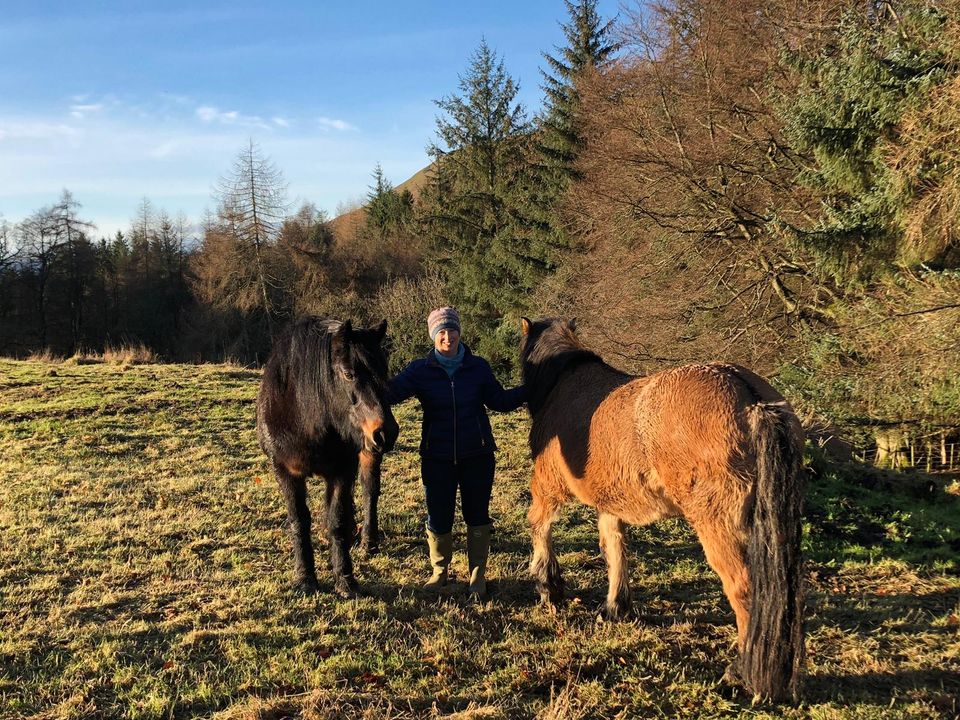
I have been thinking of perfection quite a lot recently and wondering about the best approach in writing this piece. I do a lot of my thinking whilst dog walking and today decided it was the right time to sit down, put together my thoughts and share them with you.
So, I have decided to look at perfection from two points of view. Firstly those perfect moments which we experience without consciously going looking for them and secondly, consciously striving for perfection and how that might affect us.
This isn’t the place for a philosophical discussion on the meaning of perfection or even its existence. Many PhD theses have probably been written on this subject and, I suspect, haven’t come to a definitive conclusion.
Simple definitions of “perfection” are “The state or quality of being perfect” or “The action or process of improving something until it is faultless”. Each of us will have our own idea of what we find perfect. No doubt you have heard a friend describe a partner, or a horse, as being “perfect in every way” and you have (privately I hope!) thought “no thanks, not for me”!!
I know that I have experienced “perfect” days which have been memorable for many reasons. Could they have been different? Definitely. Could they have been better? Perhaps. Does that make those memories any less perfect? I don’t think so.
Two “perfect” riding memories spring to mind. One was quite a few years ago riding in a large group in Glen Tilt on my young Highland Pony. We were cantering along the river side and suddenly, for a moment, I felt like I was flying. I realised that Gigha had just effortlessly cleared a stream and for a moment I actually was flying. I was totally in the moment and therefore didn’t interfere with her in any way. A perfect memory which brings a smile every time I think of it. Another rider may have not enjoyed that moment, may have ridden it differently but for me it was perfect.
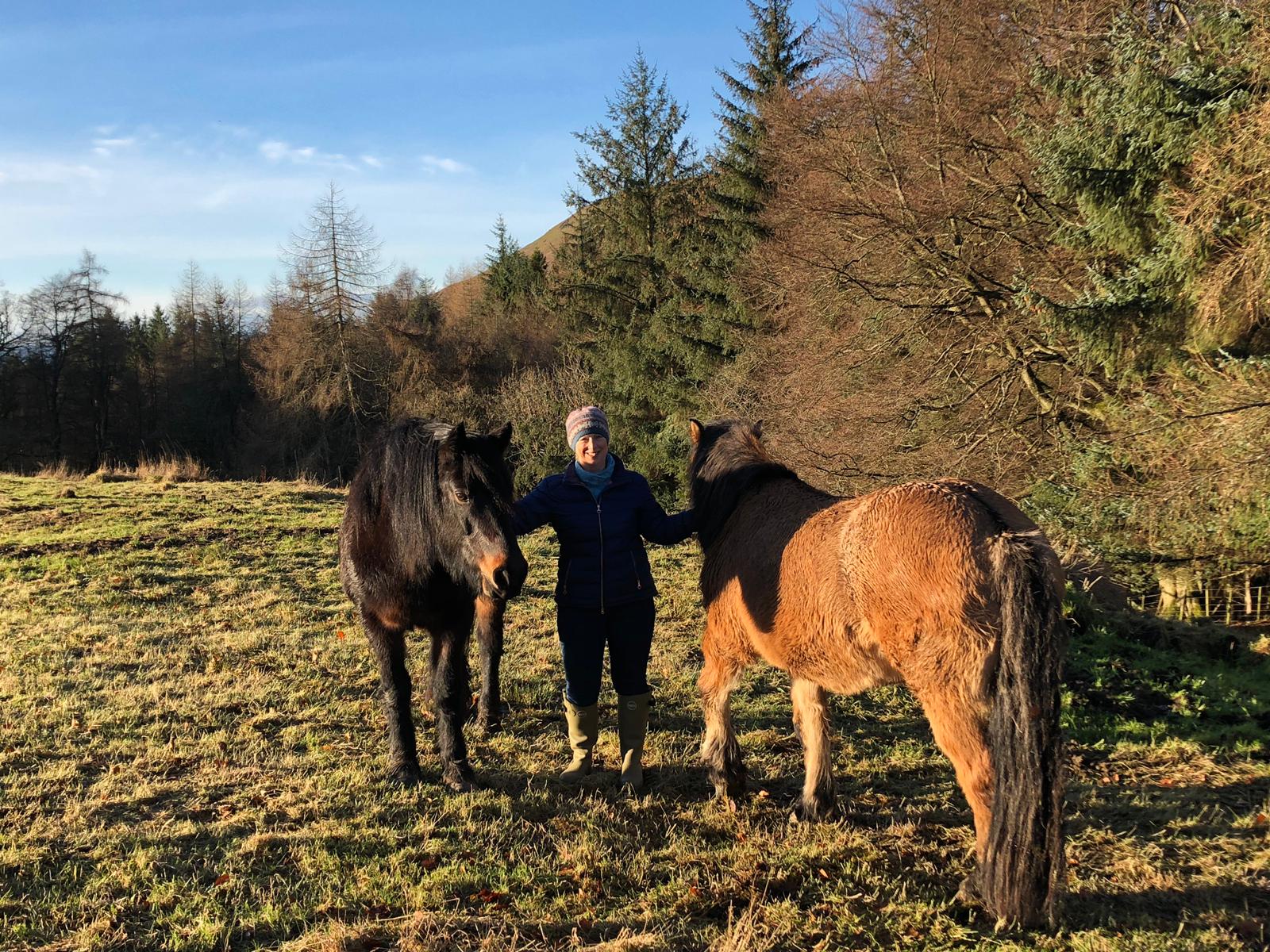
My more recent memory of perfection was during a lesson on a youngish horse who can be a little bit bouncy and I find the canter transition a bit of a challenge. This one time, the coach was chatting to my friend and I asked my horse for canter and gave a loud “whoop” as we executed the transition “perfectly”. Nobody else saw it but they knew from my reaction that it had been good. Could another rider have ridden it in a more balanced way, more accurately or “better”? Quite probably, but for me at that moment in time it felt perfect and at that moment, on that day I don’t think it could have been any better for me so therefore it was “perfect”.
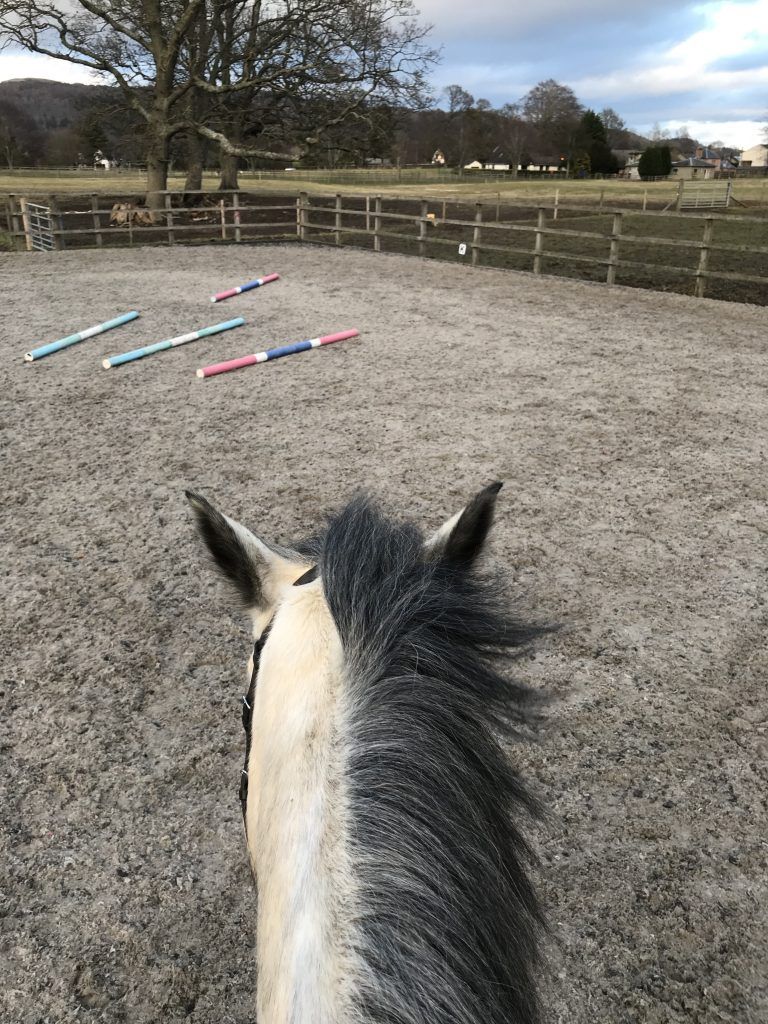
These moments to treasure are, really simply that. Memories of special occasions and experiences which in our subjective opinion were pretty well perfect.
This is very different to the perfection which some people strive to achieve in their lives, whether as riders, in a different sport or any part of their life. This type of perfection is actively sought after and worked towards. For some time I have been encouraging clients to find a word other than “perfect’ to describe what they are looking for, believing that constantly looking for perfection isn’t helpful. However, I have changed (or am changing) my opinion.
I think this change has been partly influenced by watching the film “Free Solo” where rock climber Alex Honnold tackles the 900m rock face of El Capitan without ropes or any other form of protection. He works towards this feat meticulously with multiple rehearsals of the most challenging parts of the climb and many years of experience leading up to this. He literally needs to be without error because the consequence of making a mistake is certain death and he achieves his goal saying that, for him, the risks on the day were minimal but the consequences of failure were ultimate. But was it perfect? Could he have done it differently? I can’t answer those questions but I know that he did it as well as he possibly could have done on that day and survived to tell the tale.
Asking for people’s opinion on perfection via social media I got some interesting answers.
One rider said in answer to the question “Do you consider yourself to be a perfectionist?” “Yes, or at least, I used to be. It was quite overwhelming to realise the amount of nuance available in horsemanship, how many tiny things there are to improve on, and as a perfectionist it felt like nothing I did could ever attain perfection. I’ve since come to realise that it’s more about the journey than the finished product!”
To the same question another rider said “I used to be… certainly striving for perfection with myself as a rider, which naturally resulted in ‘over trying’, tightness and tension … of course these passed onto the horse! These days I’m grateful for the brief rides I fit in, but the perfection days taught amazing control and I miss the precision”.
Another rider said “I totally relate to this sometimes striving for perfection gets in the way of actually doing what I should be doing and remembering what’s it’s all about ‘HAVING FUN’."
If you are a rider who takes competition seriously and is aiming to be the very best that you can be then perfection needs to be thought about and carefully considered whilst at the same time asking yourself what “perfect” really means to you. For example, has your ride been perfect if you achieve a clear round? Well, yes on the score board with zero faults but could it have been ridden differently? Probably. Were there aspects of the round which , if you could do it again, you would choose to ride differently? Does it matter to you?
Thinking of dressage or showing where your result or your placing is down to the opinion of the judge rather than clearing fences then perfection is most definitely subjective. In a competition with more than one judge then you will get more than one opinion or score for each part of the test.
So to strive for ‘perfection” can be a risky strategy as it could lead to dissatisfaction. But, NOT to strive for perfection could lead to failing to continue to make progress, failing to get better and I doubt that you would want that.
I think that the key lies in being aware of what your goals are, recognising your strengths and acknowledging your challenges. If you do that then you can constantly try to build on your strengths, work towards overcoming your challenges, develop your technique and your horse’s skills so that, as a partnership, you are always developing.
If you are striving to be the very best the you can be then I think that is something to be truly proud of.
If the very best you can be is considered by you, your coach, the judge and the course officials to be excellent, then I really do hope that you can enjoy that and strive to experience it each time you compete. Is that perfect? Only you can decide whether the answer is yes or no. (In this context I think “excellence” is being as good, and correct, as you can possibly be given your levels of skill and experience).
I think ultimately the best way to look at perfectionism is to CONSTANTLY STRIVE FOR EXCELLENCE AND ENJOY MOMENTS OF PERFECTION ALONG THE WAY.


